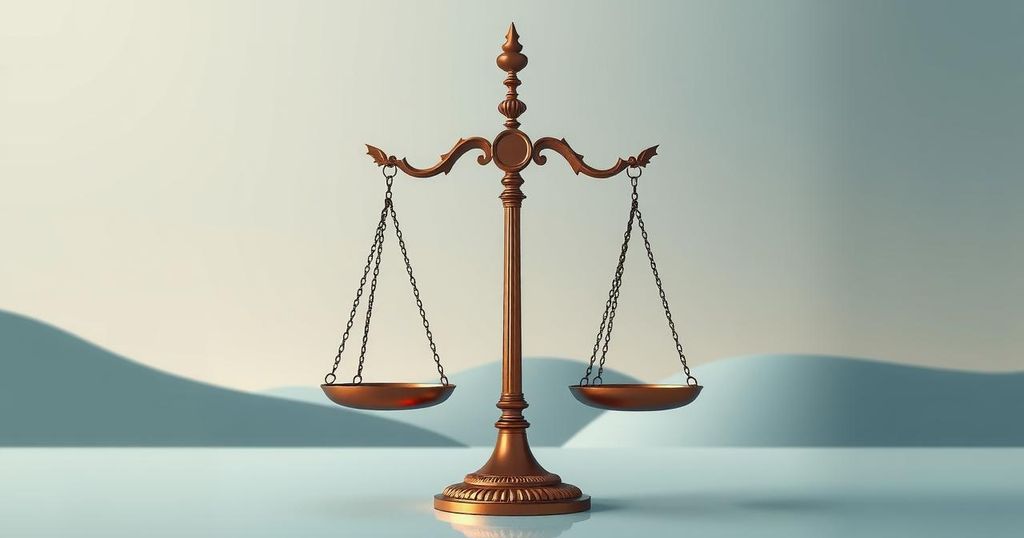Robert Lighthizer argues that China’s trade practices pose a significant threat to the U.S. economy, advocating for high tariffs and a strategic decoupling from Chinese trade. Despite the potential benefits of protecting American jobs, economists caution that tariffs can lead to increased consumer costs and job losses in other sectors. As the current tariff policies evolve, the risk of trade retaliation from Canada and Mexico heightens concerns about a potential trade war.
Robert Lighthizer, former trade chief under President Trump, has expressed concern over China’s trade dominance and advocates for significant tariffs on Chinese imports to protect American interests. He views China’s economic policies as a direct threat to the U.S., advocating for strategic decoupling and balanced trade. Lighthizer suggests imposing tariffs of up to 60% on Chinese goods while still facilitating some trade. He firmly believes that tariffs are a part of a broader economic strategy necessary for national security and the resurrection of American manufacturing jobs.
President Trump has implemented emergency tariffs on Mexico, Canada, and China, justifying these measures as necessary steps to combat the influx of harmful substances like fentanyl. Lighthizer’s push for tariffs is monumental, considering the current trade imbalance and the U.S.’s dependency on imports from China. He argues that the tariffs will create better jobs in the U.S. and not hinder them, challenging the conventional wisdom that increased tariffs harm employment.
Despite the potential benefits presented by Lighthizer, economists caution against tariffs, expressing concern that they might lead to higher costs for U.S. consumers. They argue that the importers, not the foreign countries, bear the brunt of tariffs, which are typically passed on to consumers through increased prices. Research indicates that proposed tariffs might leave the average American household with an additional monthly cost of approximately $200.
The historical context of tariffs shows a complex relationship with the economy; while they are intended to protect domestic industries, they can inadvertently lead to job losses in other sectors. For example, Trump’s tariffs on steel created jobs for steel manufacturers but resulted in significant job losses in dependent industries, indicating that while tariffs might offer some protection, they come with broader economic consequences.
As the Biden administration continues with and even escalates some of Trump’s tariff policies, the fear of a potential trade war lurks. Canada and Mexico have signaled intentions to retaliate against U.S. tariffs, which could lead to broader economic fallout. Economists warn that reliance on tariffs may breed public cynicism regarding government effectiveness regarding economic improvement, suggesting that a comprehensive strategy should be explored instead of relying solely on tariffs.
The discussion surrounding the necessity of tariffs stems from the growing economic concerns related to China’s trade practices and the substantial trade deficit the United States faces. Robert Lighthizer, having held a key position in trade negotiations, emphasizes the need to reevaluate America’s trading strategy, particularly regarding China. The historical backdrop illustrates how tariffs have had various impacts on the U.S. economy and job market, highlighting the ongoing debate about their efficacy and long-term consequences.
In summary, Robert Lighthizer firmly believes that aggressive tariff policies targeting China are essential for protecting American economic interests and promoting job growth. While this perspective is supported by some, notable economic concerns arise regarding the potential for increased consumer costs and the adverse effects on jobs in other sectors. The implications of these tariff strategies underscore the delicate balance that must be struck in developing effective trade policies.
Original Source: www.cbsnews.com




